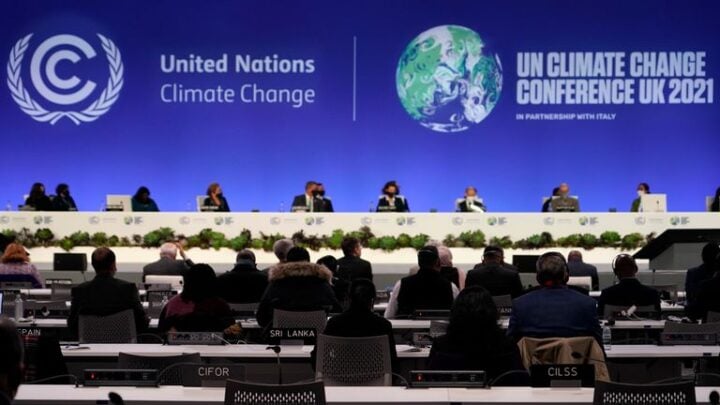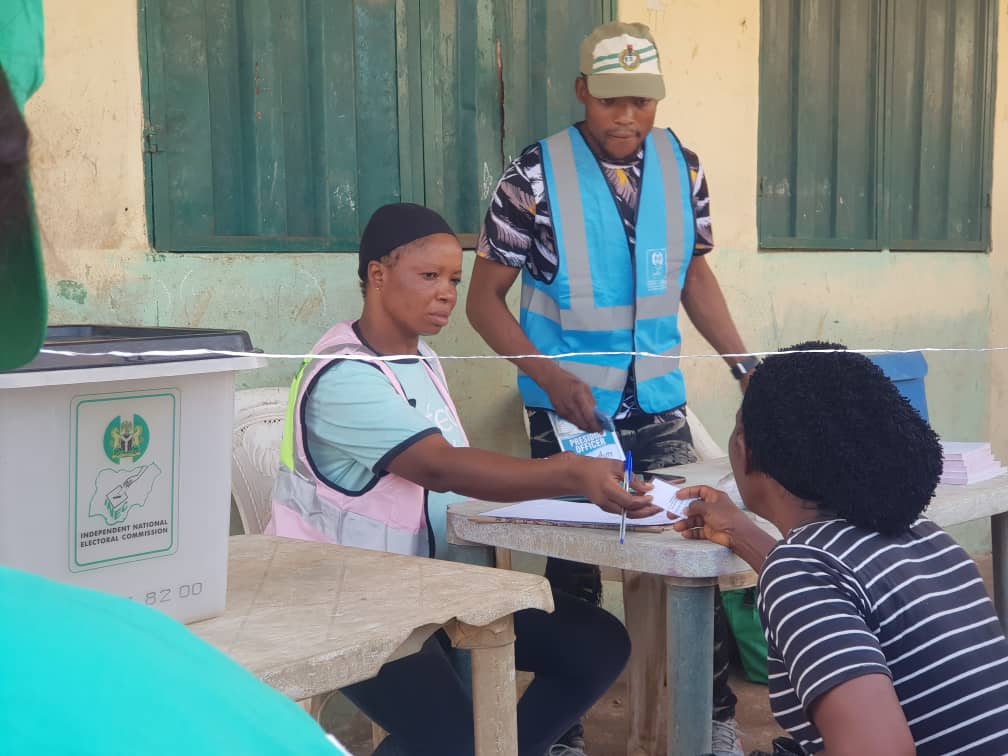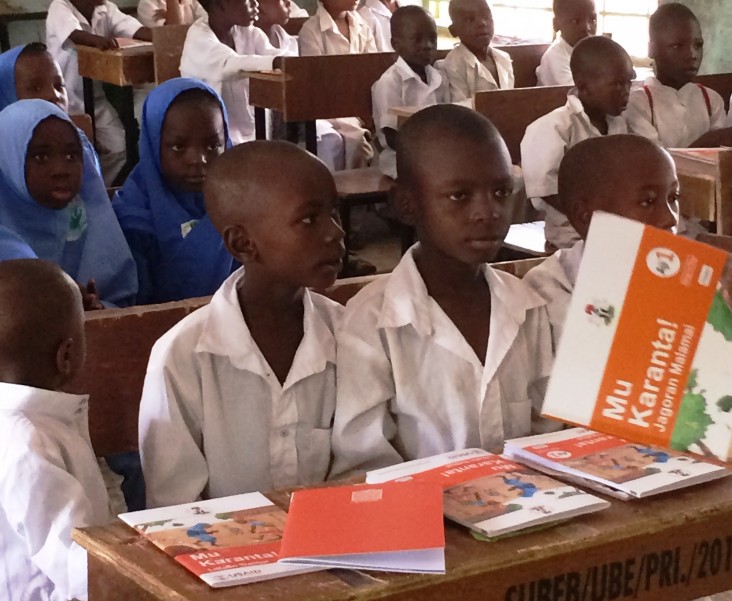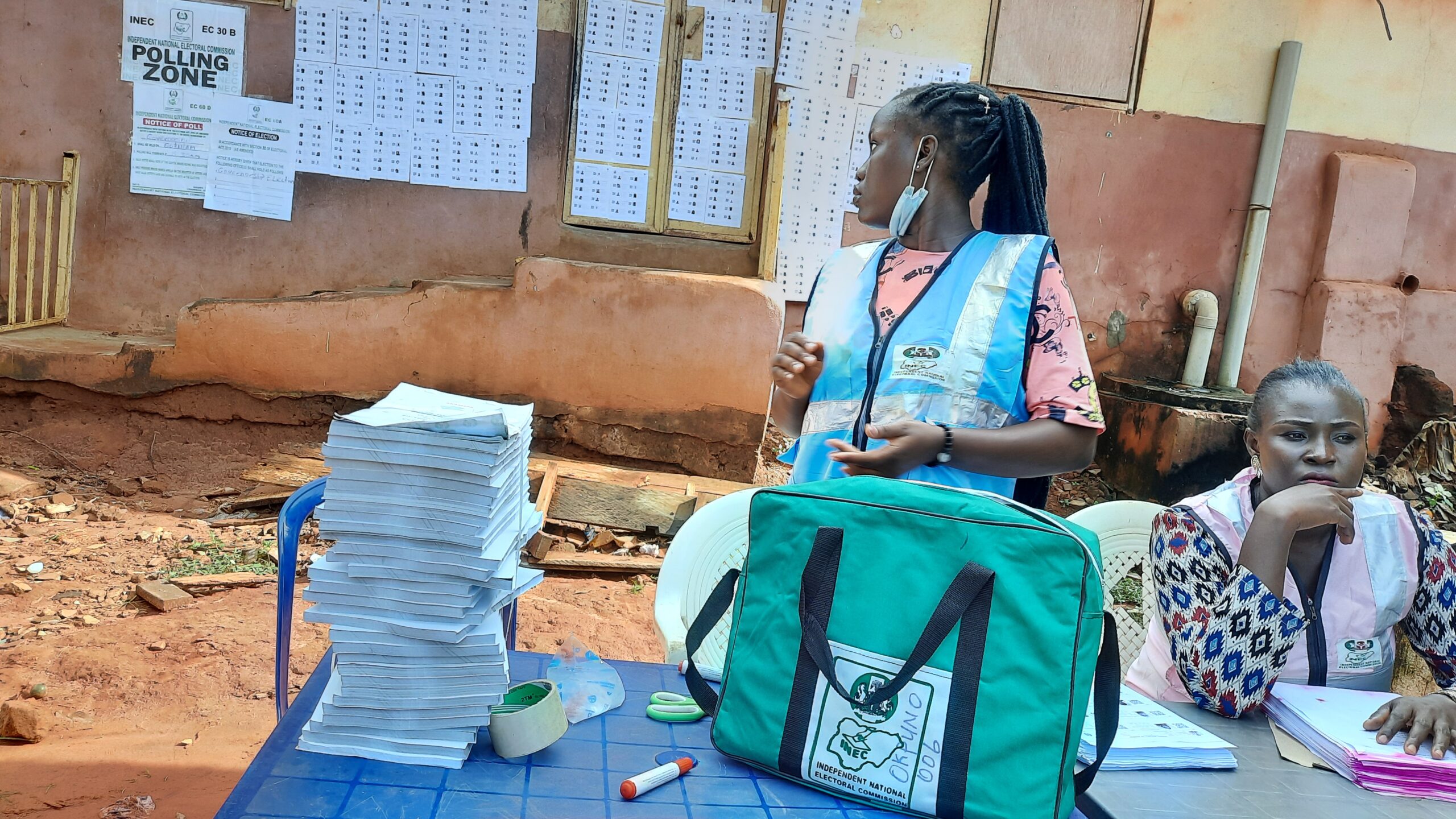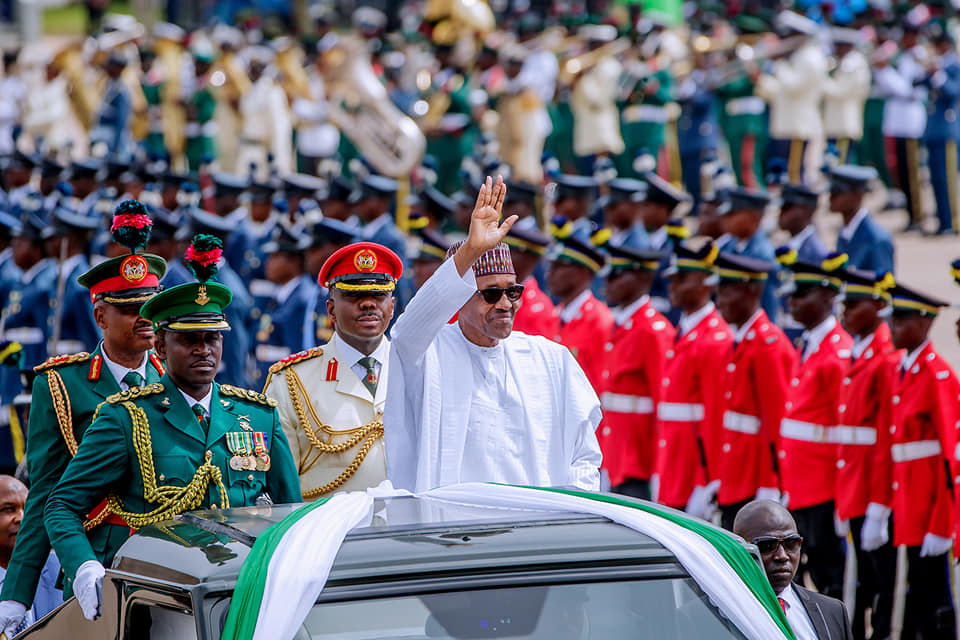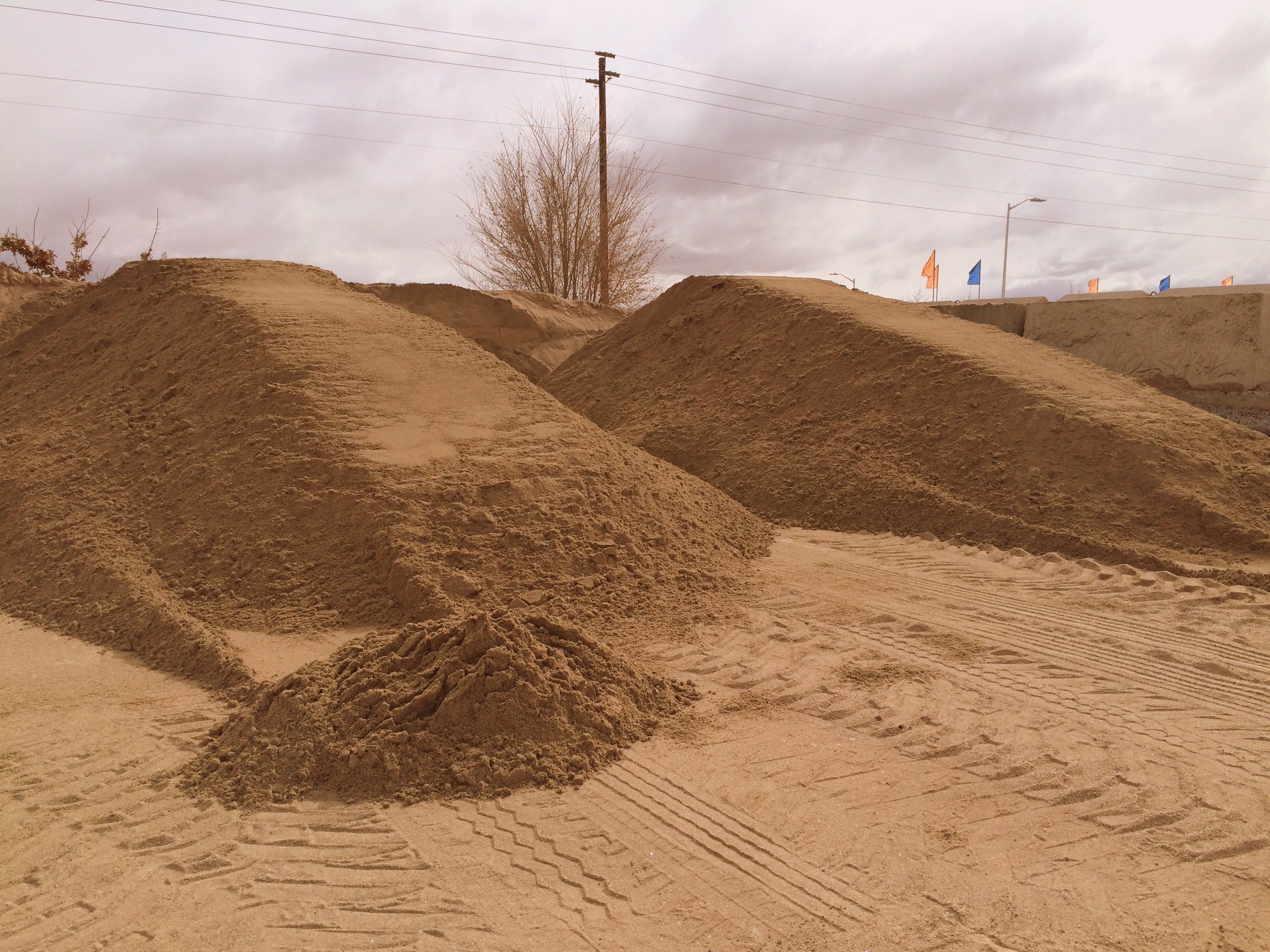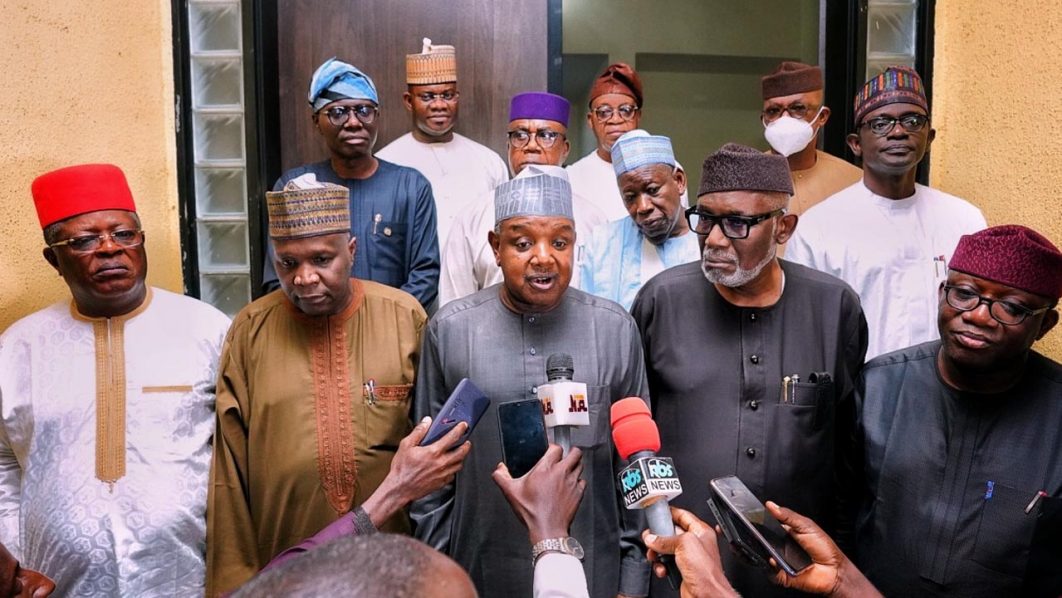BY OSENI OLUWATOBI
Sub-Saharan Africa, a region with about the least emission of greenhouse gasses into the atmosphere with all its countries, witnessing low industrialisation is estimated to bear the brunt of the climate crisis. Industrialisation bears the significant brunt of climate change-related extreme weather events (high temperature, excess rainfall and associated disasters like flood, drought etc.
Figures from the United Nations International Children’s Emergency Fund (UNICEF) put children in Nigeria at high risk out of 163 countries in terms of the threat that climate change poses to children. In Africa’s most populous nation, Nigeria, the impact of the climate crisis is felt across different segments of the society, including children. According to the United Nations International Children’s Emergency Fund (UNICEF), children in Nigeria are at high risk of the threat posed by climate change.
The last few days has seen World leaders, including heads of states of African nations gather at the 2021 United Nations Climate Change Conference: COP26 in Glasgow, United Kingdom, with many, including Nigeria’s President Muhammadu Buhari making a commitment to reach net-zero emission by 2060 despite its recent move to borrow $3.8 billion to acquire Dangote Refinery shares, a petroleum refinery and fertiliser plant located in the heart of the already overcrowded and flood-prone coastal city of Lagos.
Advertisement
Many of the conversations at the ongoing conference have been arguably vague and seems not to talk about critical issues. With many commitments, including giving aids to Africa focusing on short term benefits and many not sustainable.
With many countries shifting dynamically focus from petrol-powered vehicles and industries to electric cars and alternative sources of power generation, including solar, Nigeria’s oil continues to become unsellable as demand is shrinking. With 40% of Nigerians estimated by the World Bank to be currently living below the poverty line and its budget dependency on borrowing, the future of the oil-driven economy driven doesn’t appear so bright.
One would have expected to see direct engagement in investment for alternative power generation particularly in solar technology: Solar panel manufacturing which addresses three key problems at the same time, including the rising unemployment in Nigeria. Nigeria’s influence in the region should make it a strategic hub for the large-scale manufacturing of solar panels. As the country continues to lose revenue to food wastage, the food processing industry is largely under-tapped and food storage and processing like many industries are reliant on power generation.
Advertisement
The dry-up of Lake Chad contributes to the humanitarian crisis in the area. As such efforts continue to dry up, contributing to the migration crises in the region, efforts to address this, including the lake chad replenishment process should be at the forefront of all discussion as many of its people are displaced and have lost a major source of revenue and feeding, fishing.
Investment in Sustainable development education should have been a core conversation at the conference. Climate realities cannot be achieved without including it as a part of education at all levels, including child education with only less than 4 of over 200 higher institutions currently offering programs in sustainable development, one begins to question the real commitment to driving sustainable development. Key investments — partnerships with academic research groups are required to shift focus from oil and gas to clean and renewable energy engineering, such as degree programmes in solar engineering.
Another key conversation should have been technology partnership and knowledge transfer. Nigeria is not positioned to achieve net-zero, and this just might join as one of its many failed promises as it continues to struggle with its development. Aid has clearly never worked in Africa and should not be seen as the way out or solution. African leaders continue to embrace aids rather than creatively thinking of addressing many of the problems. Transfer of technical expertise and skills to African countries, including Nigeria is vital for achieving net-zero and just transition. Aid assistance should not be seen as the way out or solution. African leaders must avoid seeing aid as the path for transition.
Inclusion of women and girls, marginalised persons in rural communities and persons with disabilities as drivers of the effort to reduce the effects of climate change is necessary as they are one of the most affected by the crises and important for climate resilience and adaptation.
Advertisement
As a region, Nigeria needs to do better in addressing dire issues.
Views expressed by contributors are strictly personal and not of TheCable.
